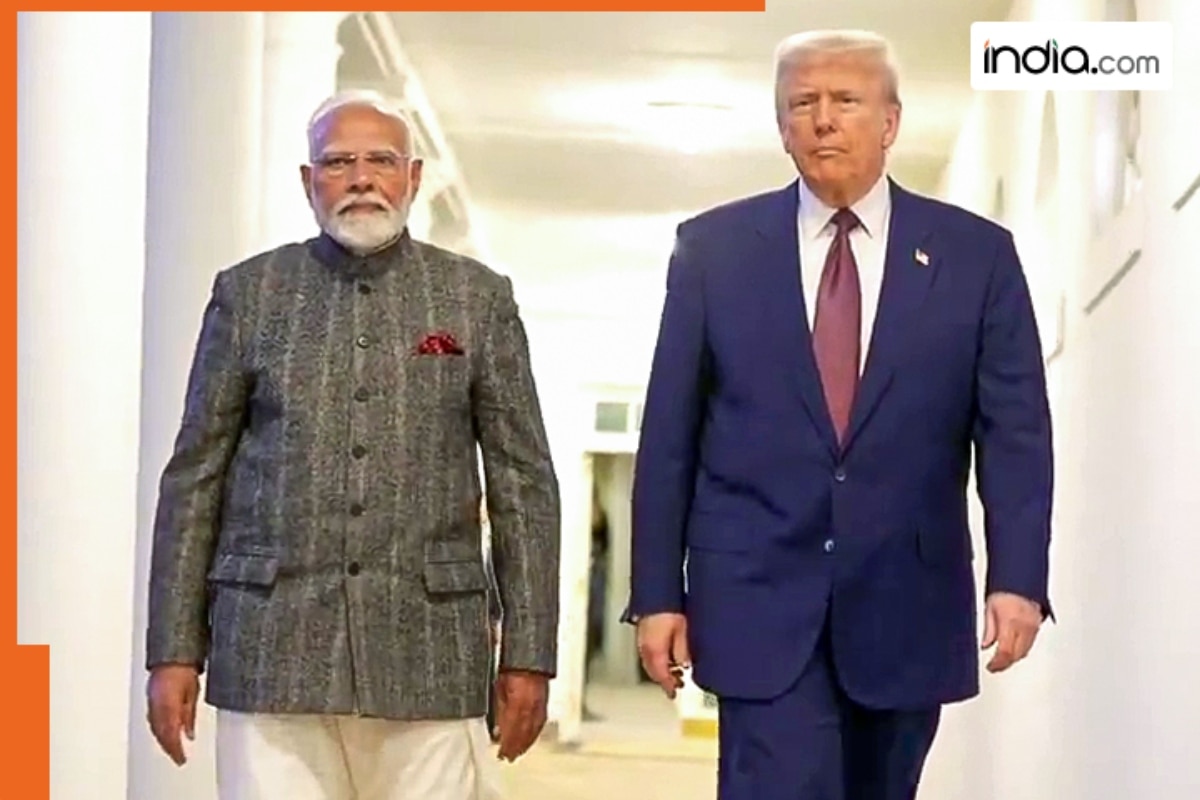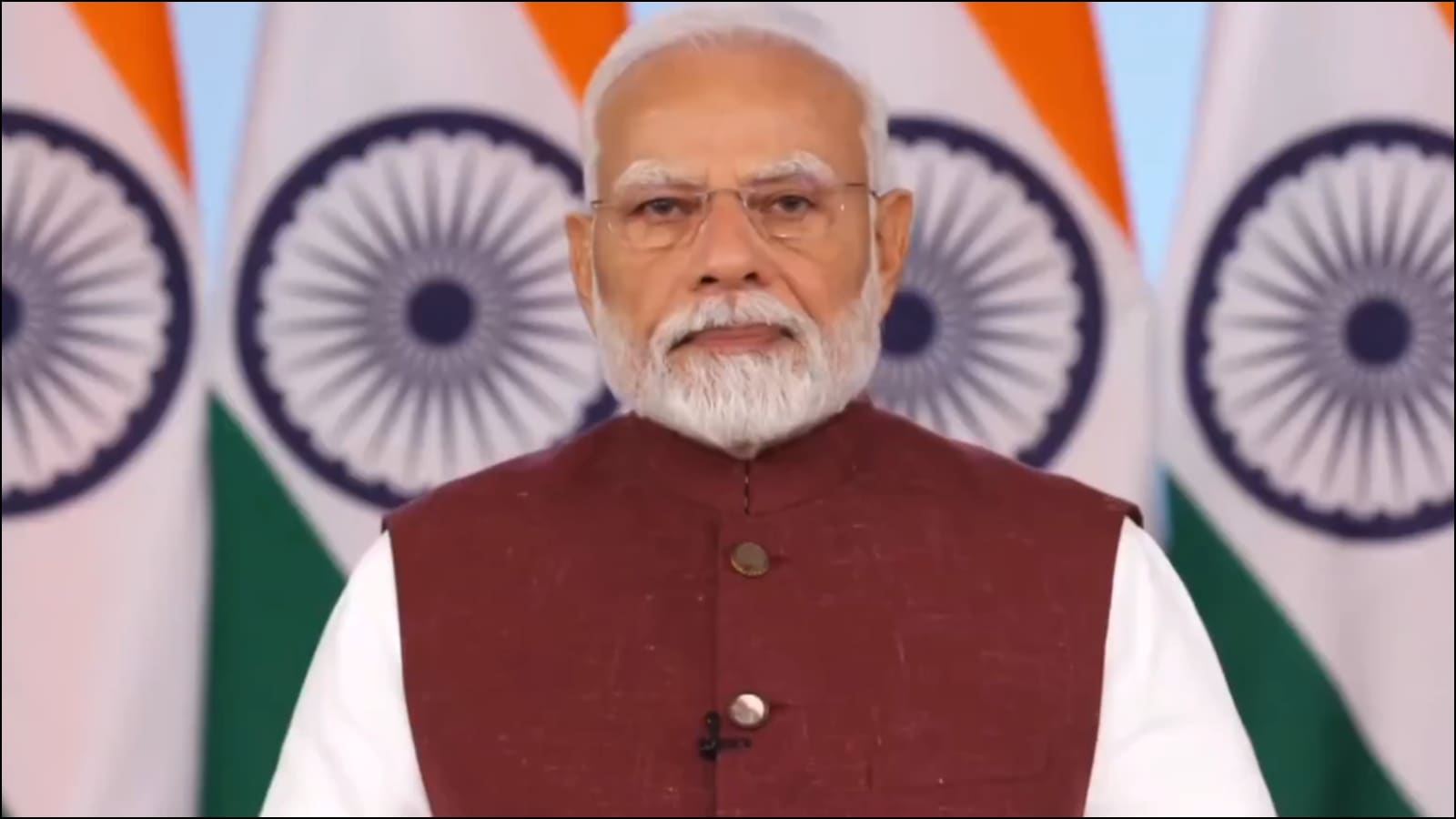The presumption of innocence is “the undoubted law, axiomatic and elementary.” Coffin v. United States, 156 U.S. 432, 453 (1895). It is “vital and fundamental” to our Constitutional system, id. at 460, and “its enforcement lies at the foundation of the administration of our criminal law,” id. at 453; see also Cool v. United States, 409 U.S. 100, 104 (1972) (holding violation of defendant’s “constitutionally rooted presumption of innocence” required reversal).
“The presumption serves as a reminder to the jury that the prosecution has the burden of proving every element of the offense beyond a reasonable doubt,” United States v. Starks, 34 F.4th 1142, 1158 (10th Cir. 2022), and thus, may be “extinguished only upon the jury’s determination that guilt has been established beyond a reasonable doubt,” Mahorney v. Wallman, 917 F.2d 469, 471 n.2 (10th Cir. 1990) (emphasis in original) (collecting cases).
Consistent with these bedrock principles, the Justice Manual prohibits prosecutors from publicly declaring a defendant’s guilt prior to a jury verdict, or otherwise disseminating statements inconsistent with the presumption of innocence. Justice Manual §§ 1.7.500; 1-7.600; 28 C.F.R. § 600.7(a) (“A Special Counsel shall comply with the rules, regulations, procedures, practices and policies of the Department of Justice.”).
Rather, prosecutors must limit their statements to “[t]he substance of the charge, as contained in the complaint, indictment, information, or other public documents” and any “release issued before a finding of guilt should state that the charge is merely an accusation, and the defendant is presumed innocent until proven guilty.” Justice Manual § 1.7.500. Moreover, “DOJ personnel should refrain from disclosing” inter alia. “[a]ny opinion as to [a] defendant’s guilt” or any other “[o]bservations about a defendant’s or party’s character” “except as appropriate in the proceeding or in an announcement after a finding of guilt.” Justice Manual § 1-7.610 (emphasis added).
These restrictions ensure that the Department’s statements do not “prejudice the rights of a defendant; or unfairly damage the reputation of a person.” Justice Manual § 1-7.100; see also 32 C.F.R. § 776.47 (“Except for statements that are necessary to inform the public of the nature and extent of the trial counsel’s actions and that serve a legitimate law enforcement purpose, refrain from making extrajudicial comments that have a substantial likelihood of heightening public condemnation of the accused.”); D.C. Bar Rule 3.8 (same).
The Draft Report violates every one of these core requirements. Despite Smith’s decision to dismiss his cases against President Trump, and his complete failure to obtain a “jury’s determination that guilt has been established beyond a reasonable doubt,” Mahorney, 917 F.2d at 471 n.2 (emphasis in original), his Draft Report repeatedly, and falsely, claims that President Trump, Carlos De Oliveria, Waltine Nauta, and others have committed crimes and otherwise engaged in purported “criminal conduct.”
For example, Volume I of the Draft Report falsely asserts, without any jury determination, that President Trump and others “engaged in an unprecedented criminal effort,” was “the head of the criminal conspiracies,” and harbored a “criminal design.” Draft Report, Vol. I at 2, 68, 69. These false accusations of criminality, which Smith again utterly failed to prove in Court, repeat throughout Volume I. See, e.g., id. at 3, 52, 60, 64, 67, 88, 108. Likewise, Volume II asserts, without any supporting verdict, “that Mr. Trump violated multiple federal criminal laws,” and that he and others engaged in “criminal conduct.” Vol. II at 60, 88; see also, e.g., id. at 89, 121. Moreover, the Draft Report makes these allegations despite Blanche Law PLLC 99 Wall Street, Suite 4460 | New York, NY 10005 (212) 716-1250 | www.BlancheLaw.com





